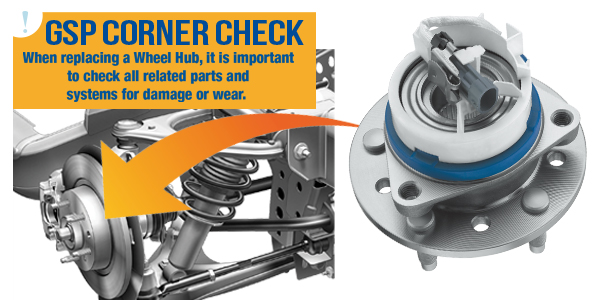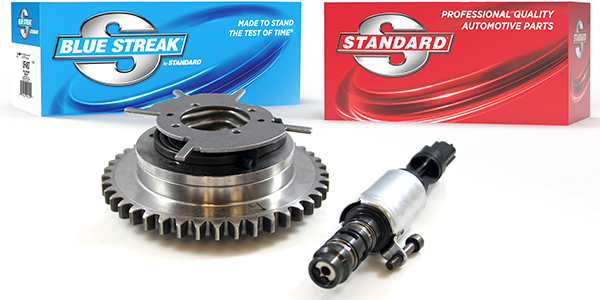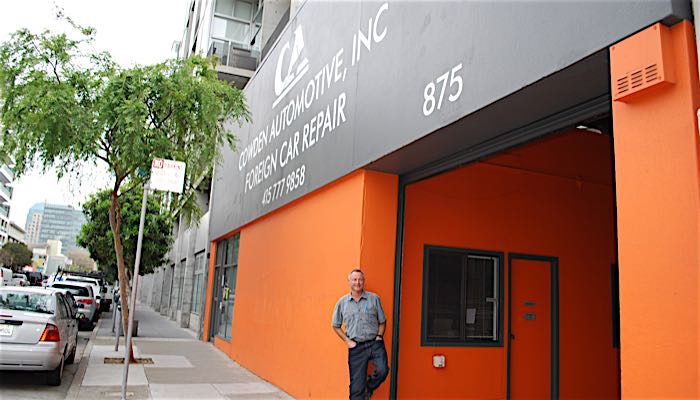By Richard Lipton, CPA
Richard L. Lipton CPA & Associates LLC, www.liptoncpa.com
Spring is a great time to clean out that growing mountain of tax and financial papers that clutters your home and office. Here’s what you need to keep and what you can throw out without fearing the wrath of the IRS.

Let’s start with your "safety zone," the IRS statute of limitations. This limits the number of years during which the IRS can audit your tax returns. Once that period has expired, the IRS is legally prohibited from even asking you questions about those returns.
The concept behind it is that after a period of years, records are lost or misplaced and memory isn’t as accurate as we would hope. There’s a need for finality. Once the statute of limitations has expired, the IRS can’t go after you for additional taxes, but you can’t go after the IRS for additional refunds, either.
The Three-Year Rule
For assessment of additional taxes, the statute of limitation runs generally three years from the date you file your return. If you’re looking for an additional refund, the limitations period is generally the later of three years from the date you filed the original return or two years from the date you paid the tax. There are some exceptions:
• If you don’t report all your income and the unreported amount is more than 25% of the gross income actually shown on your return, the limitation period is six years.
• If you’ve claimed a loss from a worthless security, the limitation period is extended to seven years.
• If you file a “fraudulent” return, or don’t file at all, the limitations period doesn’t apply. In fact, the IRS can get you at any time.
If you’re deciding what records you need or want to keep, you have to ask what your chances are of an audit. A tax audit is an IRS verification of items of income and deductions on your return. So you should keep records to support those items until the statute of limitations runs out.
Assuming that you’ve filed on time and paid what you should, you only have to keep your tax records for three years, but some records have to be kept longer than that.
Remember, the three-year rule relates to the information on your tax return. But, some of that information may relate to transactions more than three years old.
Here’s a checklist of the documents you should hold on to:
1. Capital gains and losses. Your gain is reduced by your basis – your cost (including all commissions) plus, with mutual funds, any reinvested dividends and capital gains. But you may have bought that stock five years ago and you’ve been reinvesting those dividends and capital gains over the last decade. And don’t forget those stock splits.
You don’t ever want to throw these records away until after you sell the securities. And then if you’re audited, you’ll have to prove those numbers. Therefore, you’ll need to keep those records for at least three years after you file the return reporting their sales.
2. Expenses on your home. Cost records for your house and any improvements should be kept until the home is sold. It’s just good practice, even though most homeowners won’t face any tax problems. That’s because profit of less than $250,000 on your home ($500,000 on a joint return) isn’t subject to taxes under tax legislation enacted in 1997.
If the profit is more than $250,000/$500,000, or if you don’t qualify for the full gain exclusion, then you’re going to need those records for another three years after that return is filed. Most homeowners probably won’t face that issue thanks to the 1997 tax law, but of course, it’s better to be safe than sorry.
3. Business records. Business records can become a nightmare. Non-residential real estate is now depreciated over 39 years. You could be audited on the depreciation up to three years after you file the return for the 39th year. That’s a long time to hold on to receipts, but you may need to validate those numbers.
4. Employment, bank and brokerage statements. Keep all your W-2s, 1099s, brokerage, and bank statements to prove income until three years after you file. And don’t even think about dumping checks, receipts, mileage logs, tax diaries and other documentation that substantiate your expenses.
5. Tax returns. Keep copies of your tax returns as well. You can’t rely on the IRS to actually have a copy of your old returns. As a general rule, you should keep tax records for 6 years.
The bottom line is that you’ve got to keep those records until they can no longer affect your tax return, plus the three-year statute of limitations.
6. Social Security records. You will need to keep some records for Social Security purposes, so check with the Social Security Administration each year to confirm that your payments have been appropriately credited. If they’re wrong, you’ll need your W-2 or copies of your Schedule C (if self-employed) to prove the right amount. Don’t dispose of those records until after you’ve validated those contributions.
You can confirm your payments and estimate your future benefits by filing Form SSA-7004 with the Social Security Administration. You can download the form, or apply online.
Richard L. Lipton CPA & Associates LLC, located in Florham Park, N.J., draws on its founder’s 10 years as a stockholder and manager of family-owned Sam’s Tire Co. in Paterson, N.J.
Richard L. Lipton CPA & Associates LLC “is structured to personally serve large and small clients who have a need for business consulting services as well as accounting and tax services. We have even developed a niche in the area of forensic accounting. Our clients have realized that this combination of skills is extremely valuable in providing the highest quality professional services in today’s and the future’s economy.” – Richard L. Lipton CPA
Contact Richard L. Lipton CPA & Associates LLC:
Call: 973-520-8123
E-mail: [email protected]
Web: www.liptoncpa.com
Article Courtesy of TIRE REVIEW.





